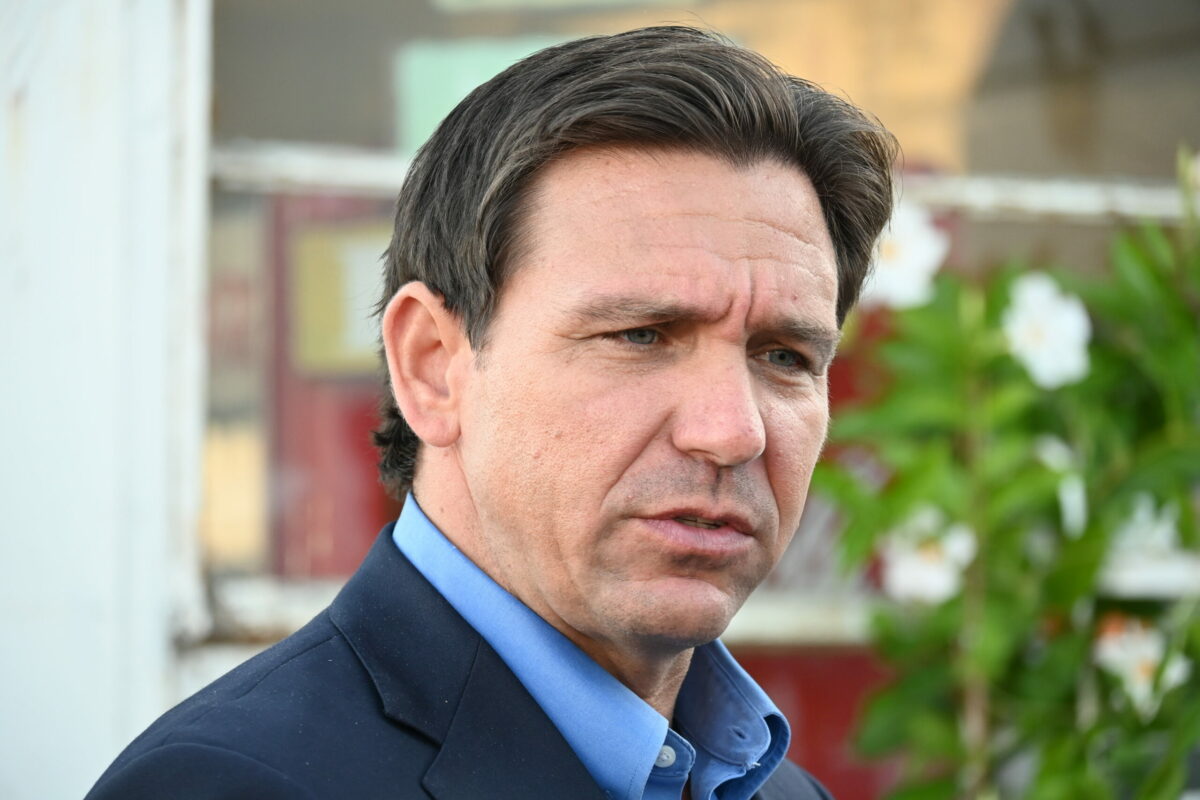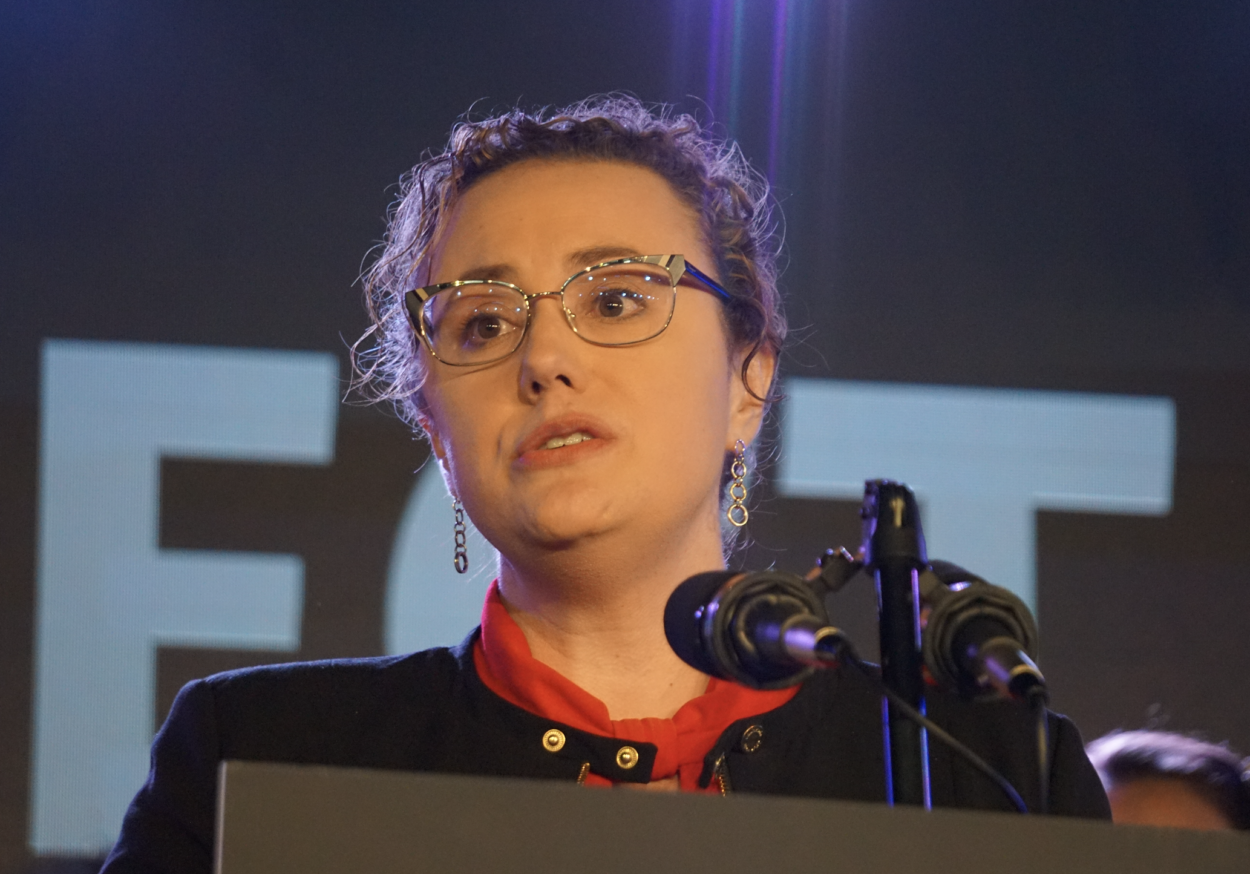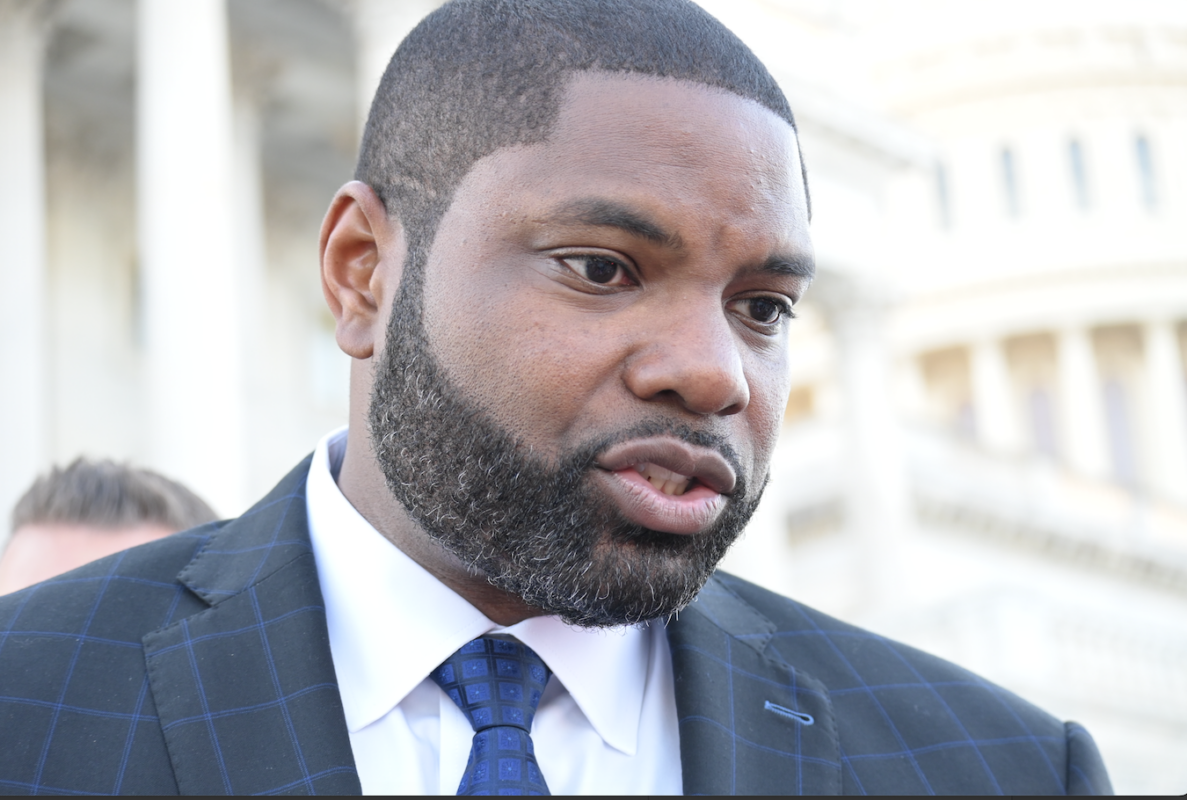Florida Senator Tina Polsky, a Democrat, filed a bill last week expanding the medical exceptions in the state's six-week abortion ban, which over half of Floridians voted to overturn in November.
The bill, called SB 288, was drafted in response to a Florida woman's baby dying after birth, and the 57% of voters who supported a measure to overturn the six-week ban, Sen. Polsky told The Floridian. The referendum fell short of the 60% threshold required for passage.
"My bill expands—in the smallest ways—the medical exemptions so that doctors and hospitals can treat patients without having to consult legal counsel or put a woman's life in danger or her mental health in danger," Polsky said. She acknowledged that while the six-week ban's intention is not to endanger women, it could have unintended consequences.
"The language in the six-week abortion ban makes it difficult for doctors and hospitals to make the right decision," Polsky said.
She pointed to the case of 33-year-old Deborah Dorbert, a Florida woman whose baby died in her arms minutes after birth. Doctors discovered her baby had no kidneys at 24 weeks and was sure to die, but refused to perform an abortion due to uncertainties within Florida's abortion law—which at that time, banned abortions after 15 weeks, CNN reported.
Polsky's bill aims to tackle this issue by expanding the definition of "fatal fetal abnormality" to include conditions "incompatible with prolonged life outside the womb" that would result in death shortly after birth. It also lowers the number of doctors required to approve an abortion beyond six weeks from two to one.
Polsky filed her bill days before a slew of nationwide abortion discussions kicked off. This includes a massive anti-abortion march in Washington, D.C. on Friday, Wednesday's 52nd anniversary of Roe v. Wade, and Senate Democrats blocking a bill that mandated doctors try and save a child born alive during a failed abortion.
It also comes two months after 57% of Floridians voted in favor of Amendment 4, which would have enshrined abortion access until around 24 weeks in the state constitution. Due to Florida's law requiring constitutional amendments to be approved by 60% of the electorate to be valid, Amendment 4 failed. The narrow failure was partly due to Gov. Ron DeSantis, who launched a blitz of state-funded attacks and press conferences against the measure.
DeSantis has since called for a special session of the Legislature next week to partially address potential fraud in the petition process that put Amendment 4 on the ballot.












